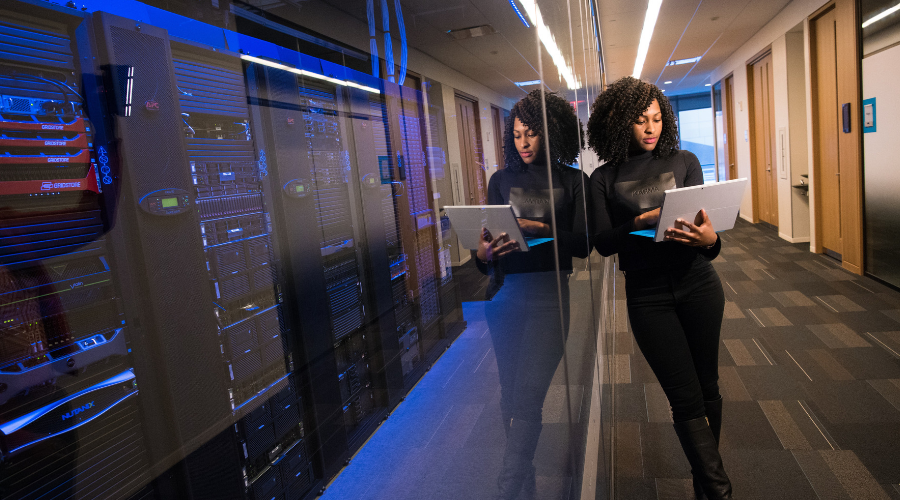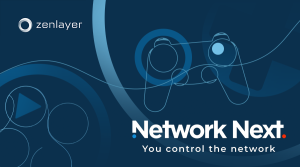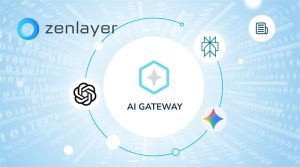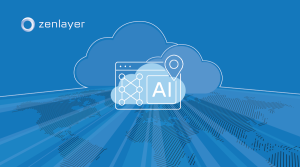
Every day, data continues to drives scientific discovery and business innovation, and data centers must keep pace with the speed of change. Today, new technologies and trends are picking up steam and introducing operational paradigms that simply weren’t conceivable in the past.
To gain a better understanding of the data center landscape, here are three trends that are redefining the industry.
Edge localizes application delivery, reduces communication delays
As more and more emerging technologies require edge computing capacity – autonomous vehicles, augmented reality and virtual reality, to name a few – organizations will see the need for edge data centers to ensure quality network performance.
Gartner predicts that by 2025, more than 75% of enterprise-generated data will be created and processed outside the traditional centralized data center or cloud. This will require data centers to offer connections to potential edge application vendors for highly enterprise-specific requirements.
Content delivery networks in particular will see the benefits of edge computing when it comes to streaming content-rich videos, delivering flawless gaming experiences and accelerating digital experiences to their end users.
Artificial intelligence improves computing power: simpler, quicker, more intuitive
Artificial intelligence has been a front-and-center topic, and it’s no exception in the data center. IDC has predicted that 75% of enterprise applications will use AI by 2021, and roughly 50% of assets in data centers will be able to run autonomously in 2022, thanks to embedded AI functionality.
Using AI applications to serve high processing demands, study large data sets and offer predictive analyses will be an emerging trend in 2019, says Eli Scher, CEO of New Continuum Data Centers. From automated monitoring systems to significant power and cooling savings, AI will start to make an impact on the operations and efficiency of data centers by correctly interpreting data and predicting outages.
To better plan for the short term and long-term support of existing and new AI technologies, Dave Fredericks, Data Center Infrastructure Architect at CXtec emphasizes the need to introduce new types of computing hardware into their operations.
GPU-accelerated computing drives AI
One of the most important hardware components is the graphics processing unit, or GPU, which accelerates machine learning algorithms and trains neural networks to do intensive data-crunching. Colocation and cloud providers have seen a significant upsurge in demand for GPU accelerated hardware.
According to NVIDIA, the leader in GPU computing, GPUs can parse petabytes of data faster than they can using traditional CPUs; this is especially important as machine learning and deep learning make strides in data center development.
With all of this in mind, it’s important that organizations find the right supporting infrastructure that provides the speed and performance required to develop their applications.
Hybrid and multi-cloud shift drive colocation demands
Another growing trend in 2019 will be the deployment of hybrid and multi-cloud strategies, whereby IT teams classify certain workloads and applications as public or private cloud appropriate.
AJ Byers, CEO of ROOT Data Center, believes that colocation will remain a priority, and those who can deliver easy-to-deploy hybrid solutions with the best cloud connectivity will be sought after.
Indeed, hybrid and multi-cloud represent a big opportunity for colocation providers to position themselves as the point where private infrastructure meets the public cloud. Gartner predicts that by 2021, over 75% of midsize and large organizations will have adopted a multi-cloud and/or hybrid IT strategy.
Companies that choose to establish private clouds in colocation facilities and use the public cloud for unpredictable bursts enjoy the security and control that comes with owning and operating their own equipment, and the reliability of a data center with redundant infrastructure. The flexibility to add resources for a one-time cost or spin up resources in the cloud will become interwoven with modern business – adding to the reason flexible hybrid solutions have become critical to the success of colocation providers.






